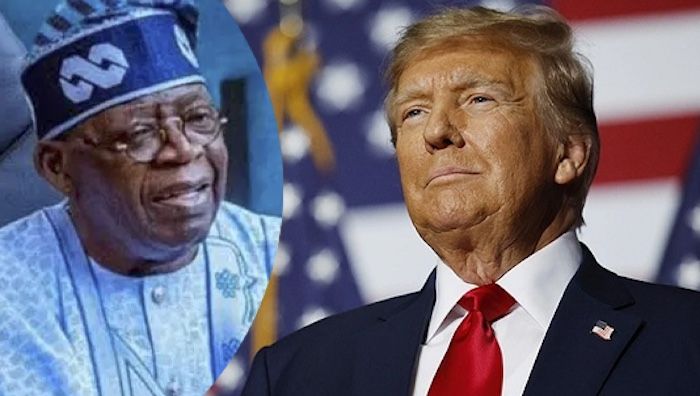The United States military has reportedly developed contingency plans for possible airstrikes in Nigeria, following an order from President Donald Trump directing the Pentagon to prepare an intervention to protect Christians from terrorist attacks.
According to a report by The New York Times on Wednesday, the U.S. Africa Command has presented several operational options to the Department of War after Secretary Pete Hegseth requested plans in line with Trump’s instruction.
Sources familiar with the discussions told the newspaper that the proposals were grouped into “heavy,” “medium,” and “light” categories, each reflecting different levels of U.S. military engagement in Nigeria.
Under the “heavy option,” Washington would deploy an aircraft carrier strike group to the Gulf of Guinea, backed by fighter jets or long-range bombers targeting insurgent camps in northern Nigeria.
The “medium option” reportedly involves the use of MQ-9 Reaper and MQ-1 Predator drones for targeted strikes on insurgent bases, convoys, and vehicles, supported by American intelligence to ensure what officials described as “precise and timely” operations.
A lighter strategy would instead focus on intelligence sharing, logistical assistance, and joint counterterrorism missions with Nigerian forces against Boko Haram and other Islamist groups responsible for mass killings, kidnappings, and attacks on churches.
Despite the military planning, Pentagon officials are said to have acknowledged that limited airstrikes or drone attacks would have minimal long-term impact unless the United States undertakes a broader campaign similar to its wars in Iraq or Afghanistan—something that no current administration officials are advocating.
Earlier, Trump had warned that he would deploy U.S. forces to Nigeria if what he described as the “genocide against Christians” continued. The Nigerian government, however, dismissed his comments as baseless.
China has since thrown its support behind Nigeria, warning against any form of external interference.
“As Nigeria’s comprehensive strategic partner, China firmly opposes any country using religion and human rights as an excuse to interfere in other countries’ internal affairs, and threatening other countries with sanctions and force,” said Mao Ning, spokesperson of China’s foreign ministry, during a press briefing in Beijing.
Responding to the controversy, Nigeria’s information minister, Mohammed Idris, rejected the country’s inclusion on the U.S. list of nations violating religious freedom, describing it as the result of “inaccurate data and misrepresentation” of Nigeria’s security realities.
“The government disputes claims of targeted religious persecution. Since 2023, President Tinubu’s administration has neutralised over 13,500 militants and rescued more than 11,000 hostages. Nigeria remains open to U.S. collaboration on counterterrorism while emphasising mutual respect for sovereignty,” Idris said.
He stressed that Nigeria faces terrorism, not religious persecution, and that both Christians and Muslims have suffered from extremist violence. The minister added that the federal government remains committed to protecting all citizens, regardless of faith.
On Wednesday night, Trump doubled down on his stance, saying the United States “cannot stand by” while Christians face persecution.
“Christianity is facing an existential threat in Nigeria,” he said. “The United States cannot stand by while such atrocities are happening there, and in numerous other Countries. We stand ready, willing, and able to save our Great Christian Population around the World!”
The situation has heightened diplomatic tensions between Washington and Abuja, reigniting debates over America’s role in foreign religious conflicts.



